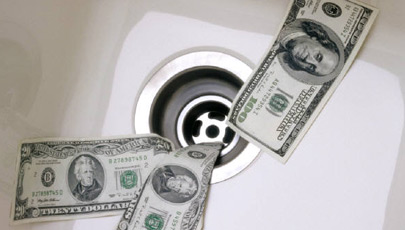
CEO pay is clearly out of whack: Here’s how to fix it
In 1980, the average American CEO made about 42 times more than the average American worker. In 2011, the CEO made about 380 times more. CEO pay continued to rise significantly every year in the last half of the 2000s, even as corporate profits were falling. And therein lays the problem, say experts: CEO pay increases about 15-20 percent per year, seemingly unrelated to performance. Fortunately, said Carr Bettis, research professor of finance at the W. P. Carey School of Business, people are finally talking about the issue and calling for a relationship between actual pay and performance, as well as actual pay that is “reasonable” relative to comparative companies.






